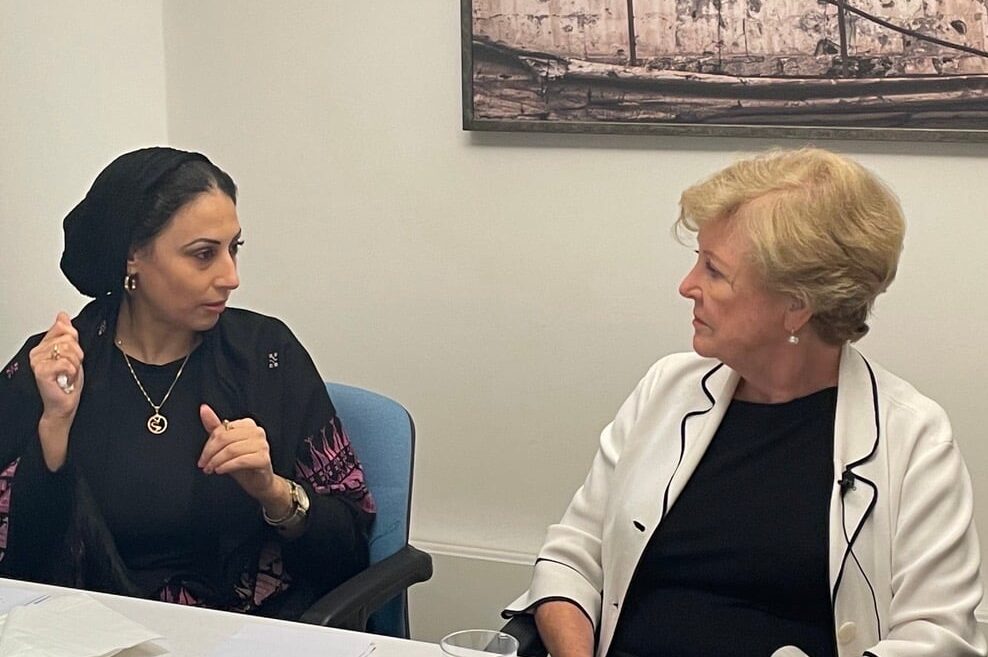The UN Refugee Agency’s Assistant High Commissioner for Protection, Gillian Triggs, ended a two-day visit to Cyprus, calling for a more integrated government policy on those given asylum.
It was her second visit to the island since 2021.
In discussions with government counterparts, she addressed several key issues, including access to territory and asylum, reception conditions and the integration of refugees in Cyprus.
“I’m pleased to see the improvement of conditions within the reception centres and the efforts made to improve the asylum system.
“We at UNHCR remain ready to support the government of Cyprus in ensuring dignified living conditions for asylum-seekers in the community. “The inclusion of people in need of international protection in the host community is key – both to social cohesion and economic inclusion,” Triggs said Friday.
“My main message to the authorities is the need to adopt a national integration strategy.
“This is particularly important given the recent increasing incidents of racial violence in Cyprus.
“Integration is for the benefit of everybody in society”.
Triggs also raised the issue of access to territory and asylum and expressed concern over reports of boats being returned to neighbouring countries, resulting in potential chain refoulement.
She also addressed concerns over incidents of asylum-seekers becoming stranded in the UN Buffer Zone without access to asylum procedures, shelter, food, hygiene or other facilities.
Pressure
Cyprus and other countries at the external borders of the EU face significant pressure in responding to mixed movements of refugees and migrants.
Triggs reiterated the need for progress on the EU Pact on Migration and Asylum, vital to breaking years of deadlock on EU asylum matters.
During her visit, Triggs also met with refugees, asylum-seekers, refugee volunteers, and NGOs, who shared their experiences and concerns with her.
Most asylum-seekers in Cyprus reside in urban areas and face specific integration challenges upon leaving the First Reception Centre.
They spoke about the difficulties in securing accommodation, accessing employment and social assistance, and education.
They also spoke openly about how the recent violent racist incidents in Paphos and Limassol have affected them personally.
“We had frank and constructive discussions with the government on all these issues, including on the housing gaps and additional restrictions for asylum-seekers in accessing employment.
“The recent violent incidents targeting refugees and asylum-seekers are particularly worrying.
“These underscore the imperative for all stakeholders to collaborate in fostering a more inclusive and welcoming society, free from xenophobia and racism,” Triggs said.
“I’m very encouraged by the commitments we have received, including with regards to a reassessment of the government policy on access to work for asylum-seekers.
“UNHCR stands ready to support the Government of Cyprus in all its efforts.”
There are some 26,995 asylum-seekers whose applications are pending at the Asylum Service.
Some 18,103 are registered as refugees and subsidiary protection beneficiaries in the areas controlled by the Republic of Cyprus.
Newly arrived asylum-seekers face multiple challenges during their transition to the community, such as ensuring affordable housing, employment or state support, and access to language and vocational training.










